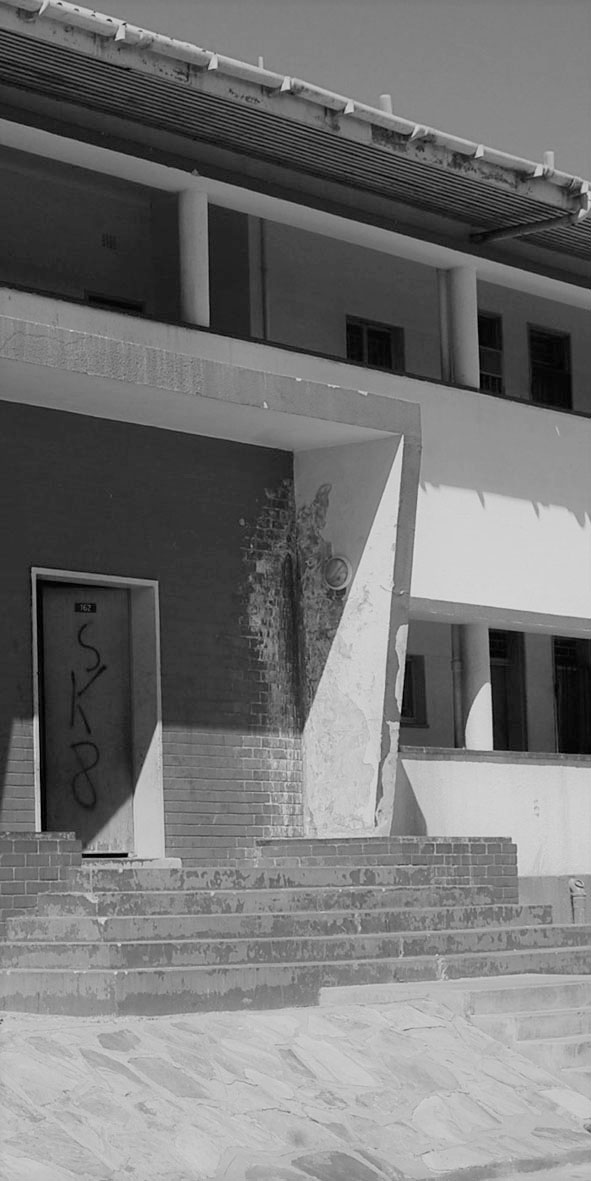Housing the Administration: The Residential Architecture of the Public Works Department in South-West Africa, 1945–55

The architecture of the Public Works Department (PWD) in South-West Africa (SWA) between 1945 and 1955 is considered a critical part of the development of state building infrastructure as part of an expansion of the administrative apparatus controlled by the South African Union. This development was guided through so-called post-war reconstruction building programmes that aimed at building extensive housing projects to accommodate the required labor force necessary for the developmental agenda, comprising both African migrant labor and Union civil servants posted to SWA. In addition, South Africa implemented Apartheid social policies in SWA that impacted both Africans and civil servants, with important architectural results.
The task of planning and building administrative housing was given to the Public Works Department who managed to realize a large number of buildings in a short period of time with limited resources at its disposal, while implementing the political aims of Apartheid. A small cohort of PWD architects developed and adapted standardized type plans to local conditions based on planning knowledge from the Union. These housing types facilitated a fast planning process, while also contributing to a local institutional knowledge resource, ensuring continuity within the ever-changing staff compliment of the PWD.
The aim of this research is threefold: to investigate the institutional organization of the PWD in the context of the production and transfer of planning knowledge between the Union and SWA, the development of an architectural type in relation to the social context of a colonial/mandate territory, and the building of extensive projects in a vast geographic area in the context of post-war material and labor shortages. To achieve these aims, the archival plan material and existing buildings built between 1945 and 1955 are to be catalogued and systematically evaluated.
Researcher: Jens Wiedow
